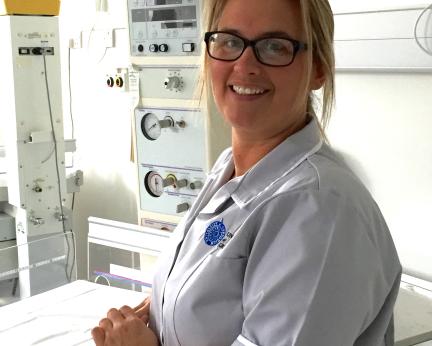There were a number of lecturers who were able to respond to my phone calls and emails within a short space of time. I felt there was always someone to talk to. I also had extra visits by my university tutor while on placement.
When I returned to a hospital-based placement that I hadn’t completed, I didn’t have to do night shifts. I knew I had to put my health first and I wanted to keep a regular routine. I was also allowed to re-sit an anatomy and physiology exam, which I failed because I hadn’t been able to revise adequately. I also needed to re-write an essay because I had missed a number of lectures.
In all, I lost 250 placement hours but I will be able to make these up gradually as I continue through the course.
I was given the option to repeat my first year at a later date. I was also offered extensions to the time allowed for exams. I didn’t take up either of these because with the support I received I felt able to continue back on my course after a period away. I successfully completed all my first year competencies and passed my first year.
My situation was dealt with very sensitively and I felt able to dictate the amount of support I needed. I was able to keep going with placements as long as I was open about what I felt able to do, to ensure patient safety was never compromised. I was very aware of not putting my own health at risk or that of my patients.
